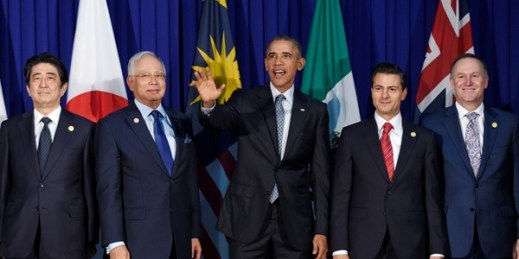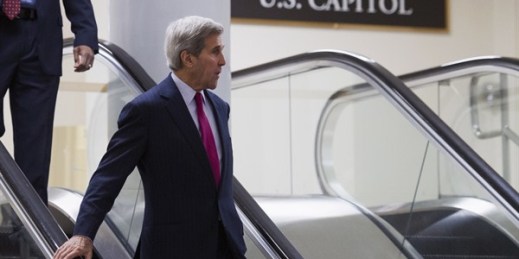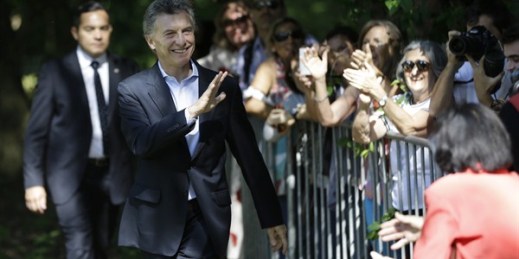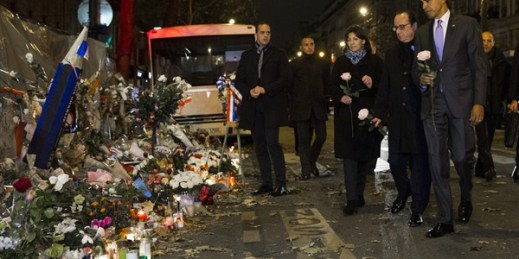
There is no other area of global governance—not climate change, not management of the oceans, not monetary policy, not peacekeeping—in which the nations of the world have agreed to cooperate more closely than on the rules governing international trade. But over the past half-century, each step toward greater trade cooperation has been a bit harder than the last. The fate of the Trans-Pacific Partnership (TPP) trade agreement—the recently concluded mega-regional deal linking the United States, Japan and 10 other Pacific Rim countries—will likely decide whether the historic project of building better global rules for trade continues, or collapses under its […]



